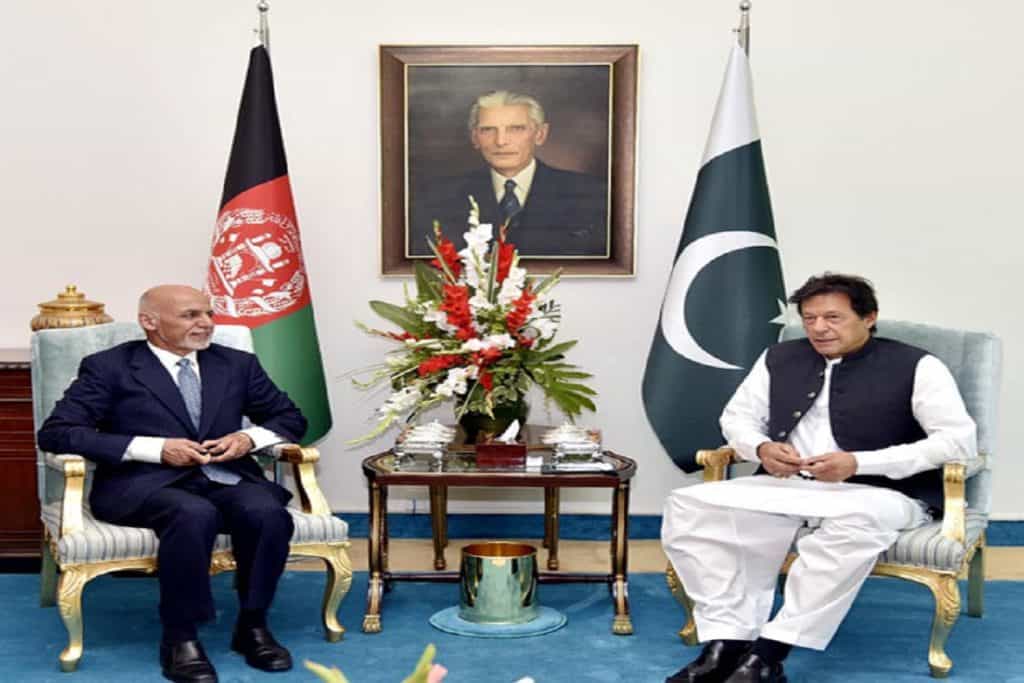by Denis Korkodinov
India is rapidly losing influence on Afghanistan. Kabul is returning in the orbit of Pakistani interests.
Recently, an international summit was held in Beijing, in which China, the United States, Russia and Pakistan took part. The main purpose of the meeting was to discuss a plan for resolving the conflict in Afghanistan.
The participation of Islamabad in this format of the negotiation process turned out to be very symbolic and it also indicates that India was defeated in the diplomatic field. In addition, it seems clear that China does not want New Delhi at the negotiating table.
As a result of the summit, the parties agreed that Pakistan is fully prepared to act as a guarantor of peace in Afghanistan. Among other things, representatives of the four countries unanimously spoke in favor of organizing working meetings in Russia and Qatar in the near future with the participation of all sides of the Afghan crisis. At the same time, the summit participants stressed that the priority of joint work is to discuss common issues with representatives of the Taliban movement.
Of particular note is the breakthrough nature of the Beijing negotiation format, since it defines the ways of a political settlement of the conflict in Afghanistan and outlines the contours of the post-war structure of Kabul. This state of affairs was noted by US Special Representative Zalmay Khalilzad, who wrote on his page on the social network Twitter, that decisions taken in Beijing come into force immediately, and all participants in the meeting are obliged to take measures to ensure peace and security in Afghanistan.
Thus, Washington, Moscow and Beijing, which are on the verge of escalating the conflict, seem to have agreed to temporarily unite their efforts to end the war on Afghan territory. At the same time, China hopes that Kabul will become the center of the Belt and Road project, which would allow for an almost unhindered flow of Chinese goods to Afghanistan.
If such a scenario is realized, then India will have to either intensify hostilities in the region to force the participants in the Beijing format, and above all Pakistan, to change the decision, or through diplomatic influence and economic sanctions against China and Russia to impede the implementation of the agreements reached.
Probably India has underestimated Pakistan’s ability to affirm its interests in Afghanistan, and this explains the failure of Indian diplomacy. Moreover, taking in account the cultural, ethnic and social component, it becomes clear that Afghanistan can do without India, but it cannot do without Pakistan.
(The opinions expressed in this article are solely those of the author and do not necessarily reflect the views of World Geostrategic Insights).







